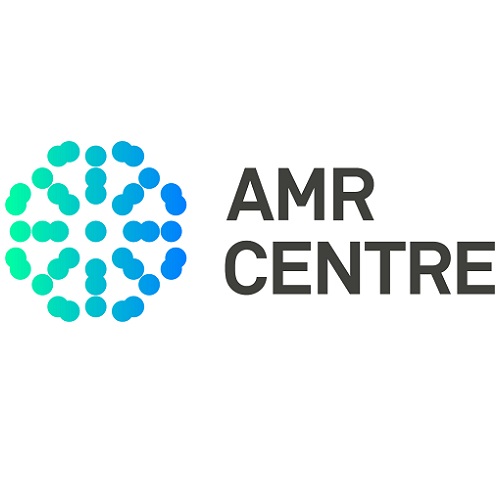AMR Centre candidate targets superbugs with problem metallo-β-lactamase enzymes

Alderley Park, UK The AMR Centre has nominated a preclinical candidate in its program that tackles drug resistance conferred by NDM-1 and other metallo-β-lactamases (MBL).
The MBL inhibitor (MBLI) research program will progress to clinical trials in 2020 and is focused on a novel small molecule that, when used in combination with β-lactam antibiotics, restores their function.
The patented molecule has been produced in only two years of preclinical research at the AMR Centre, a leader in the UK’s efforts to tackle antimicrobial resistance, which in-licensed the program from Swedish company Medivir AB.
Bacteria containing NDM-1 and other MBL enzymes represent a serious threat to global public health. NDM-1, for example, was first identified in 2008 and has already caused significant fatalities due to resistant infections of the blood, urinary tract, lungs and wounds.
MBL enzymes break down β-lactam antibiotics, including the so-called drugs of last resort, the carbapenems. They disable the ability of an antibiotic to kill the bacteria and, unusually, this resistance mechanism is easily transferable from one species of bacteria to another. The spread of MBL enzymes has the potential to greatly diminish the number of treatment options for organisms such as Escherichia coli and Klebsiella pneumoniae.
The AMR Centre’s MBLI research program is unique in that it tackles a wide range of MBL enzymes, including NDM, VIM and IMP-type enzymes.
AMRC’s Executive Director, Dr Peter Jackson said: “We are delighted to have reached this milestone. It’s the first program from the AMR Centre portfolio that we have taken all the way from early stage research to nomination of a preclinical development candidate.
“Our mission is to overcome resistance mechanisms and develop new treatments for serious infections. Our MBL inhibitor will be one of the first and, we hope, most effective broad-spectrum therapies against the emerging class of superbugs coming out of India and China. The bugs have evolved so that they produce an enzyme that uses the metal Zinc to inactivate existing β-lactam antibiotics. This renders some of the most widely-used drugs such as meropenem and imipenem ineffective, and our new drug has been shown in lab studies to restore the activity of these important treatments.
“There are now hundreds of cases of infection in the UK, rising from zero over the last five years. In some areas of India and China, the problem is already endemic and there’s a big pool of MBL-producing bacteria waiting to come our way.
“We’ve got 12 months of work to do now to confirm that the new drug is safe for use in humans, to support our first clinical trials in late 2020.”
For further information, please contact: Chris Hulme at Influential on 07971 350116
About metallo-β-lactamases
The diverse gene family that encodes metallo-β-lactamases is extensive and found in prevalent Gram-negative pathogens such as Escherichia coli, Klebsiella pneumoniae, Pseudomonas aeruginosa and Acinetobacter baumannii. These enzymes are also referred to as carbapenemases, as they provide resistance to carbapenem antibiotics. Carbapenemase-producing bacteria are cited as ‘superbugs’ owing to the difficulty in treating infections caused by them, as carbapenems are regarded as drugs of last resort. Given the propensity of Gram-negative bacteria to exchange genetic material, it has been predicted that the prevalence of MBLs in clinical isolates will rise. For example, horizontal gene transfer in these organisms often results in a multi-drug resistance phenotype through exchange of several resistance determinants on one transferable element. Indeed, organisms containing MBLs are often resistant to several other antibiotic classes such as aminoglycosides and fluoroquinolones.
About the AMR Centre
Established in May 2016, the AMR Centre is a key part of the UK’s response to the global threat from antimicrobial resistance. Based at Alderley Park in the UK, the AMR Centre is a company with public and private investors, to support/accelerate the development of new antibiotics through a fully integrated development capability, offering translational R&D through to clinical proof of concept.





















